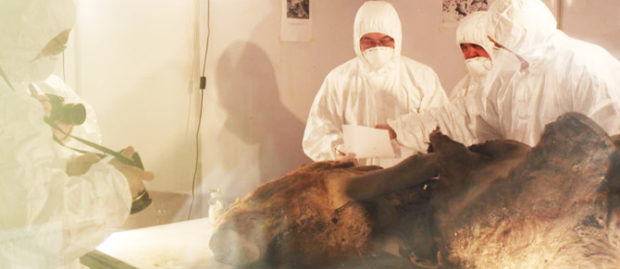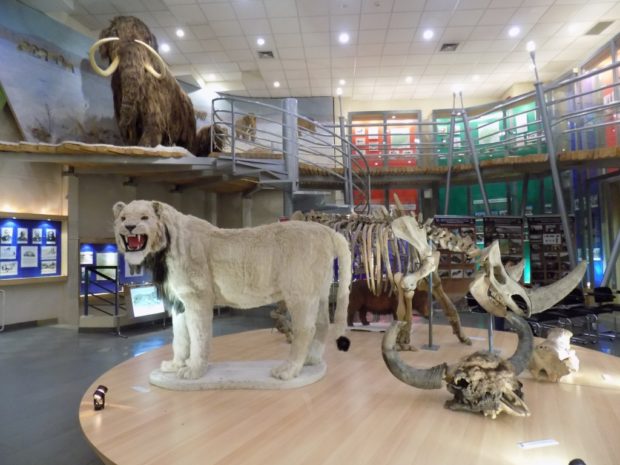Russia to resurrect woolly mammoth, other extinct animals in ‘Jurassic Park’-style cloning facility

Image: North-Eastern Federal University/s-vfu.ru
A university in Russia is gearing up for the opening of a “Jurassic Park”-style cloning facility for extinct animals.
The $5,852,000 (around P313.9 million) project is slated to be revealed at the 4th Eastern Economic Forum in Vladivostok, Russia, on Sept. 11-13, as reported by The Siberian Times on Friday, Aug. 31. The forum aims to encourage investment in eastern Russia.
Some of the extinct animals the scientific center will revive includes woolly mammoth, woolly rhinoceros, cave lion and extinct breeds of horses.
The project will involve laboratories situated in permafrost to work on the clones. The cloning facility will be studying the remains of the extinct animals before proceeding to revive them a la “Jurassic Park.”
Evgenia Mikhailova of North-Eastern Federal University (NEFU) plans to unveil a “world-class paleo-genetic scientific center,” the report said. She noted that the project is supported by the regional government of Sakha Republic, where the university is located.
The Sakha Republic, commonly referred to as Yakutia, houses about 80% of the retrieved Pleistocene and Holocene animal samples. These preserved remains are significant for scientists working in the project as these samples contain preserved soft tissues essential to cloning.
Its capital, Yakutsk, is home to The Mammoth Museum. The institution studies mammoth, mammoth fauna and its natural environment during the ice age.

Image: North-Eastern Federal University/s-vfu.ru
Meanwhile, the upcoming project will not only involve cloning extinct animals—NEFU’s Institute of Applied Ecology of the North’s lead researcher Dr. Lena Grigorieva said they are cooperating with South Korean Sooam Biotech Research Foundation to study the history of the settlement of the ethnic groups in North-Eastern Russia, the report stated. They will be looking at the “unique ancient genetic structure,” which they believe will help in researches about rare genetic diseases. Kate Matriano /ra
RELATED STORIES:
China tests VR tech to measure, treat drug addiction
Chinese military creates AI submarines to challenge ‘strategic advantage’ of Western naval powers